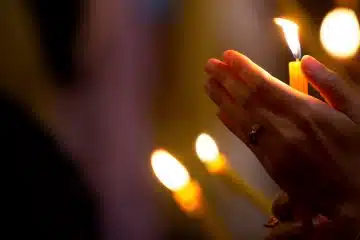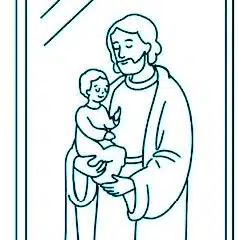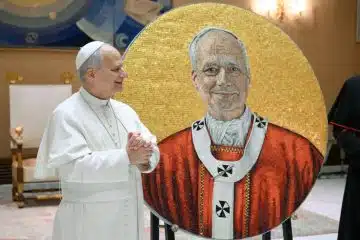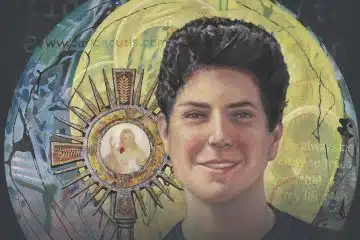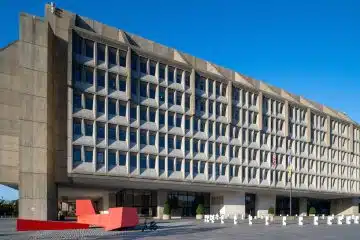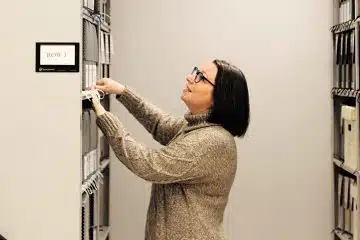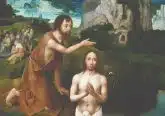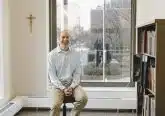Religious liberty and reparation
June 25, 2012
By Father Earl Fernandes
The United States Conference of Catholic Bishops organized the Fortnight for Freedom from June 21-July 4, focusing on the issue of religious liberty in front of the looming Health and Human Services mandate, which would require Catholic employers and institutions to subsidize contraceptives and sterilization as part of comprehensive health care.
While awareness of the threat to religious freedom domestically has been raised, the threats to religious freedom abroad should not be forgotten. The experience of Catholics in America by government and media outlets is but a piece of the whole. Catholic News Service reported June 7 that the U.S. State Department has eliminated the religious freedom sections from the human rights reports on each country. This may be a very intentional attempt to downplay the international religious freedom issue and the issue of religious liberty in general.
The elimination of the sections might cause us to forget what happened to Coptic Christians at Christmas time in Egypt. One wonders, too, what the effects of the so-called Arab Spring will have on Christians in Egypt and Tunisia. One must ask what has happened to the Chaldean Catholics after nearly a decade of war. What of the plight of Palestine Christians, who face an economic type of repression? Moving from the Middle East to Asia, the reports would no longer make any reference to the official church in China, which lives in a delicate balance with the Patriotic Church and of those Catholics imprisoned for their faith. Even in India, the world’s largest democracy, persecution of Christians is at its highest levels since India’s independence.
If those place seem far away, then Catholics should look north to see how the church in Canada is beginning to be persecuted with restricted preaching and teaching about certain issues, like same-sex relations. The recent film “For the Greater Glory” highlights the fight for religious freedom in Mexico from 1926-1929 in what is popularly known as La Cristiada. An actual revolt against Catholic moral values and teachings on the nature of the human person is almost universally present among secularists, diminishing not only Christianity but also the well being of humanity itself. In realizing the global nature of the threat to religious liberty, American Catholics exercise the virtue of solidarity with the oppressed.
What are we to do and where are we to turn in the face of this hostility and outright persecution? Certainly where there can be any negotiated resolution or effective opposition that follows the laws of charity and reconciliation, the church should be actively engaged. In fidelity to the Lord to preach “in season and out of season,” Catholics must demand their rights, even if there are consequences, recalling the Lord’s words, “If the world hates you, remember it hated me first” (John 15:18). Being hated is part of the experience of the life of discipleship. One should neither seek nor initiate it, but one should not be surprised if it seeks out the committed disciple.
As Americans, this seems new and unexpected. Who is responsible? There is a fundamental explanation — it comes from the Evil One. If we look at the behavior of many Catholics in our times, what can we see? If we look deeply into our own souls, what do we find? The Evil One needs cooperation to work the darkness of his mission. He has many collaborators. What about fidelity to the Mass, the sacraments, prayer, and asceticism? What about our honoring the moral norms and teaching of the faith, including revealed truths? Maybe, we have made a great contribution to the crisis, which demands contributing to finding a solution.
The Catholic understanding of reparation for sin was present in the experience of martyrdom in the early church. From the sacrifice of the martyrs, the church flourished. The life of the desert fathers and the ascetical practices throughout the middle ages brought strength and vibrancy. The great missionary movements that asked great sacrifices of men and women brought Jesus to millions, opening for them the doors to eternal life.
Maybe it is time to make reparation for our sins, so as to begin building the civilization of love. The Sacred Heart, the symbol of Christ’s life-giving love, will respond to our life-giving love for Him. We can make reparation through prayer, sacrifice, and offering our sufferings to Him, bringing consolation to His Sacred Heart.
As Catholics, we are aware that we are participants in the process of salvation, though God could have done it by himself. He chooses to share that journey with us. Maybe our renewed efforts, personal sanctity, gratitude and love to His heart could be the beginning of the journey through oppression to the fulfillment of the promise and the peace that the world cannot give, healing some of the wounds of chaos, violence and shattered hopes and dreams. What will be your contribution to these new beginnings?
Father Fernandes is an assistant professor of moral theology and dean of the Athenaeum of Ohio/Mount St. Mary’s Seminary.



